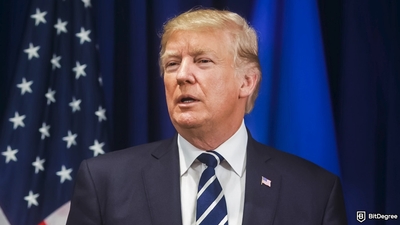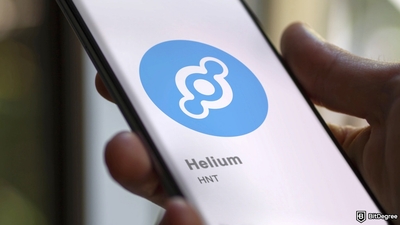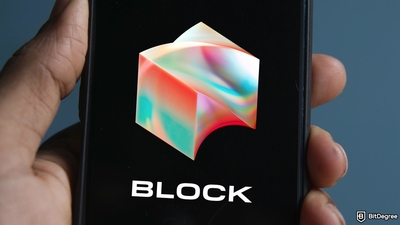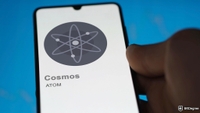Free Airdrop Season 7 is LIVE! Answer fun questions or do simple tasks to earn rewards from the $30K BitDegree prize pool. Participate Now ! 🔥
Stablecoin Tether (USDt) to Fire Up on Tezos Blockchain
USDT expands the number of networks supporting the asset to 12.
According to the official announcement released on June 9, a stablecoin cryptocurrency based on Bitcoin and Ethereum blockchains Tether will fire up new Tether (USDt) tokens on a pioneering Proof-of-Stake (PoS) blockchain dubbed Tezos. The launch of USDt on Tezos will reportedly fuel ground-breaking applications in digital payments, DeFi, and other areas.
Tether CTO Paolo Ardoino commented on the initiative and stated:

Did you know?
Subscribe - We publish new crypto explainer videos every week!
What is Uniswap? (UNI Token Explained With Animation)


“We’re excited to launch USDt on Tezos, offering its growing and vibrant community access to the most liquid, stable, and trusted stablecoin in the digital token space. Tezos is coming fast onto the scene and we believe that this integration will be essential to its long-term growth.”
Ardoino expects Tezos to help Tether grow in the near future.
One of Tether’s representatives provided more information about the use cases of Tether tokens and stated that they won’t be held as an investment, but rather as a commodity for mitigating volatility, conducting transactions via the internet, and serving as a harbor for remittances.
“Tether tokens can be securely stored, sent, and received across the blockchain and are redeemable for the underlying asset, subject to the terms of service and fee schedule,” he added.
On top of that, the representative went on and also implied that apart from Tezos, the asset will be available on other blockchains, including Ethereum, Solana, Avalanche, Kusama, Polkadot, Omni, TRON, Liquid Network, Algorand, EOS, and Bitcoin Cash’s Simple Ledger Protocol (SLP).
Tezos is a decentralized open-source blockchain founded in 2018 that can execute P2P transactions and act as a platform for smart contract deployment.
In other news, earlier this year, Tether announced that it would launch a new Mexican peso-pegged stablecoin dubbed MXNT that will be accessible on Tron (TRX), Polygon (MATIC), and Ethereum (ETH) blockchains.























